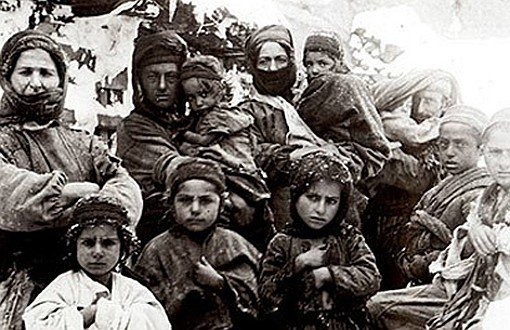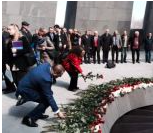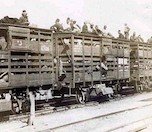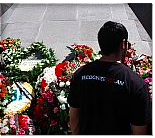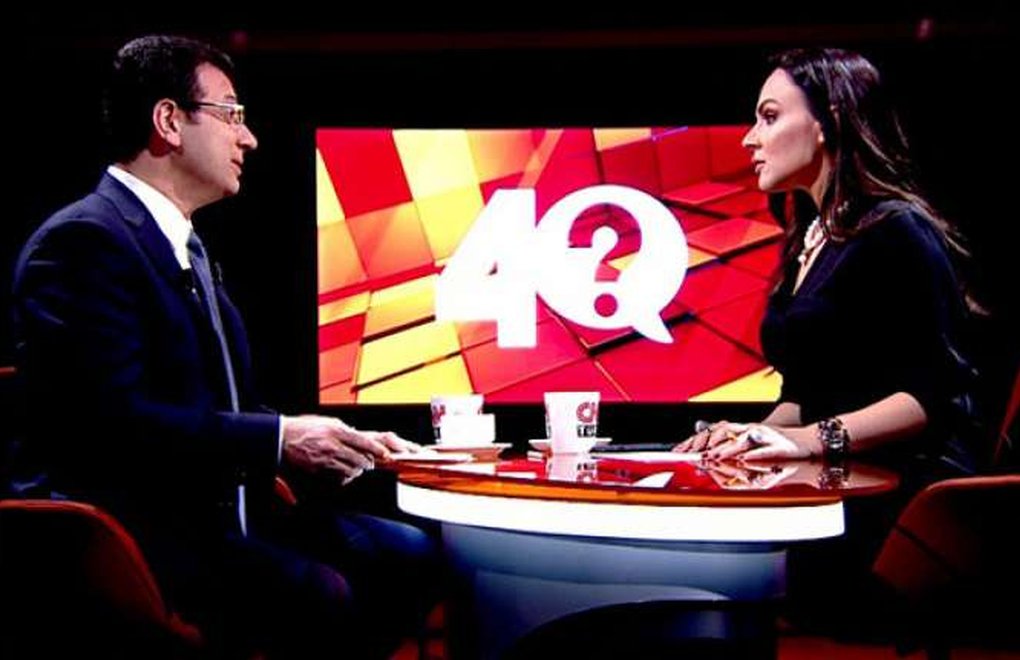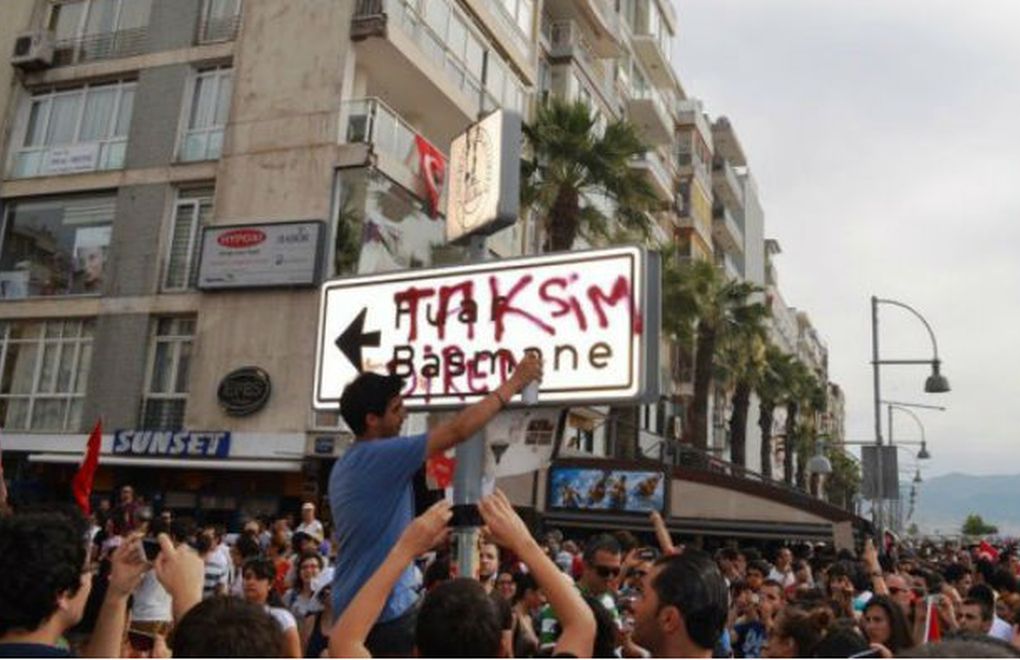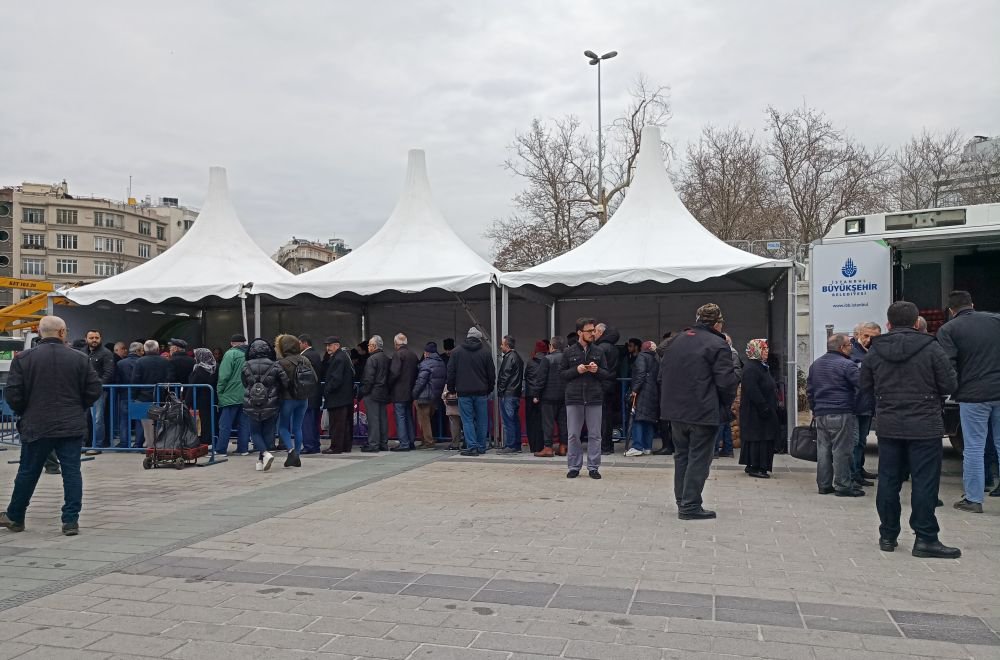The “European Integration” Non-Governmental Organization and Armedia are collecting, within the framework of the “The Turk Who Saved Me” project.
Supported by the UK Foreign and Commonwealth Office, stories to be presented by real people whose ancestors survived the Genocide and were saved with the help of their Turkish neighbor, friend, or an ordinary Turk witnessing the events.
The selected stories will be published in Armenian, Turkish, and English in Armenia and Turkey. A part of the stories will also be published in a book.
bianet interviewed Aris Nalcı about the project and its latest developments.
How did “The Turk who saved me” project come into being? How many people were involved, which institutions supported? How long did it last? What is your involvement in the project?
What is special about these stories is that they belong to people who, directly or indirectly, escaped from the Armenian Genocide by the help of Turks.
I am the partner from Turkey in this project. I joined the project a couple of months ago. I am dealing with the distribution of publications and media relations.
Generally, this type of projects are regarded as propaganda, therefore you have to choose both story tellers and project team very carefully.
50 stories have been collected and about a dozen people from NGOs and media worked on the project.
How did you reach out the storytellers?
These stories have been collected through oral history workshops via the European Integration. The story tellers were reached out through journalists colleagues and project field work partners which took certain months.
You are reflecting the memory of the third generation of the post-genocide period. How do you read their approach?
The memories of diaspora differ every generation. The third generation is in a significant position here. Those who survived the genocide also struggled with making a living in the countries they fled. Imagine, you are trying to establish a new life and root out in a different country than where you were born. In addition that, you might face humiliation due to your immigrant status.
Most Armenians worked as cheap labor in the beginning. The second generation learned the language of the host country and earned degrees. However, there was a still an adaptation problem. The third generation, on the other hand, belongs to the host country. Since this is diaspora, it is also valid for Armenia. After the dissolution of Armenia from USSR, oral history efforts have been multiplied. There are a lot of stories told by grandmothers and grandfathers. They have transmitted these stories to their grandchildren as their children were so much busy with making a life. Therefore, this project aims to put these oral stories into words.
What will be the role of this project on the 100th anniversary of the genocide?
First of all, we need to make something clear. If this project wasn’t coordinated by an association from Armenia, nobody would find them reliable including me. Most people would say that they were fabricated to propagate against Turkey. However, these stories actually talk about how they survived from the genocide without demonizing the Turks.
This is a way for Armenians to say that they don’t have prejudice against another ethnical identity and express their sorrow.
I think that those who perpetrated and remained as bystander to this genocide had as much trauma as those who were subjected to the genocide. This trauma has damaged the peoples of this land so much that we can’t be healed in 100 years.
We will soon see many similar projects like this in other countries. People have subjected to a genocide and they will live in it. There are still Armenians in this world.
Departing from this, there will even be some acknowledgment campaigns. We must bear in mind that these are not propaganda but humanitarian initiatives. The Armenian Genocide is not only a sad matter for Armenians but for all peoples who were subjected to genocide in the past century.
Therefore, the recognition of the genocide and the end of the 100 year long denial doesn’t only depend on ethnical identities. This is not only a matter between Turks and Armenians. The world needs to face this matter... (AN/HK/BM)
* Click here to read the article in Turkish.
* Under the headline "100 years... Real Stories" Information, Analytical Agency "Armedia" presents real stories from the lives of the Genocide survivors (the stories are told by the survivors’ descendants, relatives, close people) collated by "European Integration" Non-Governmental Organization within the project "The Turk Who Saved My Life". The stories are special as the hero/heroes fled the claws of the Great Genocide through the direct or indirect assistance of a Turk/Turks (a neighbor, well-wisher, friend or witness of the event).The project is implemented with the assistance of the United Kingdom Foreign and Commonwealth Office. The presented materials, opinions and conclusions introduce the views of the authors and participants and do not reflect the position of the United Kingdom Government.
Other pieces in the series:
* “A Fragment from My Grandmother’s Nostalgia Remained in Us”
* "Run, Go, Keep My Light Burning"
* "What Was the Fault of the Poor Armenian Nation..."
* "My Reminiscences Are Undone Like a Ball of Wool..."
* "Two Offshoot Survivors of Exterminated Dynasties Vowed to Weave Together and Become a Thick Oak"





